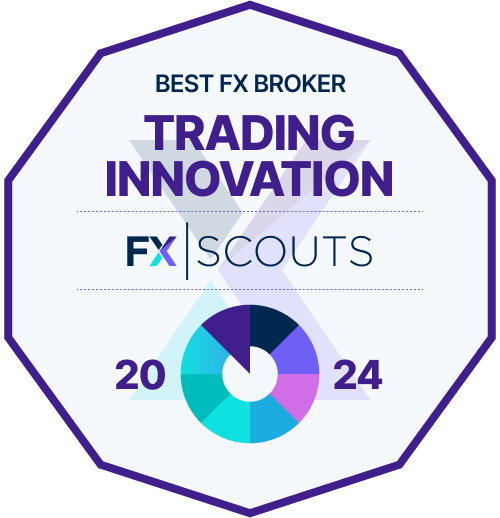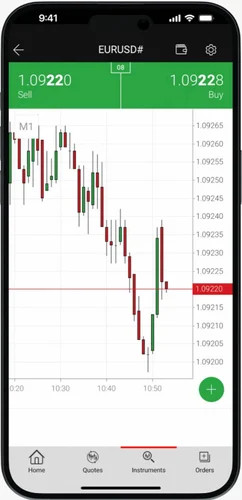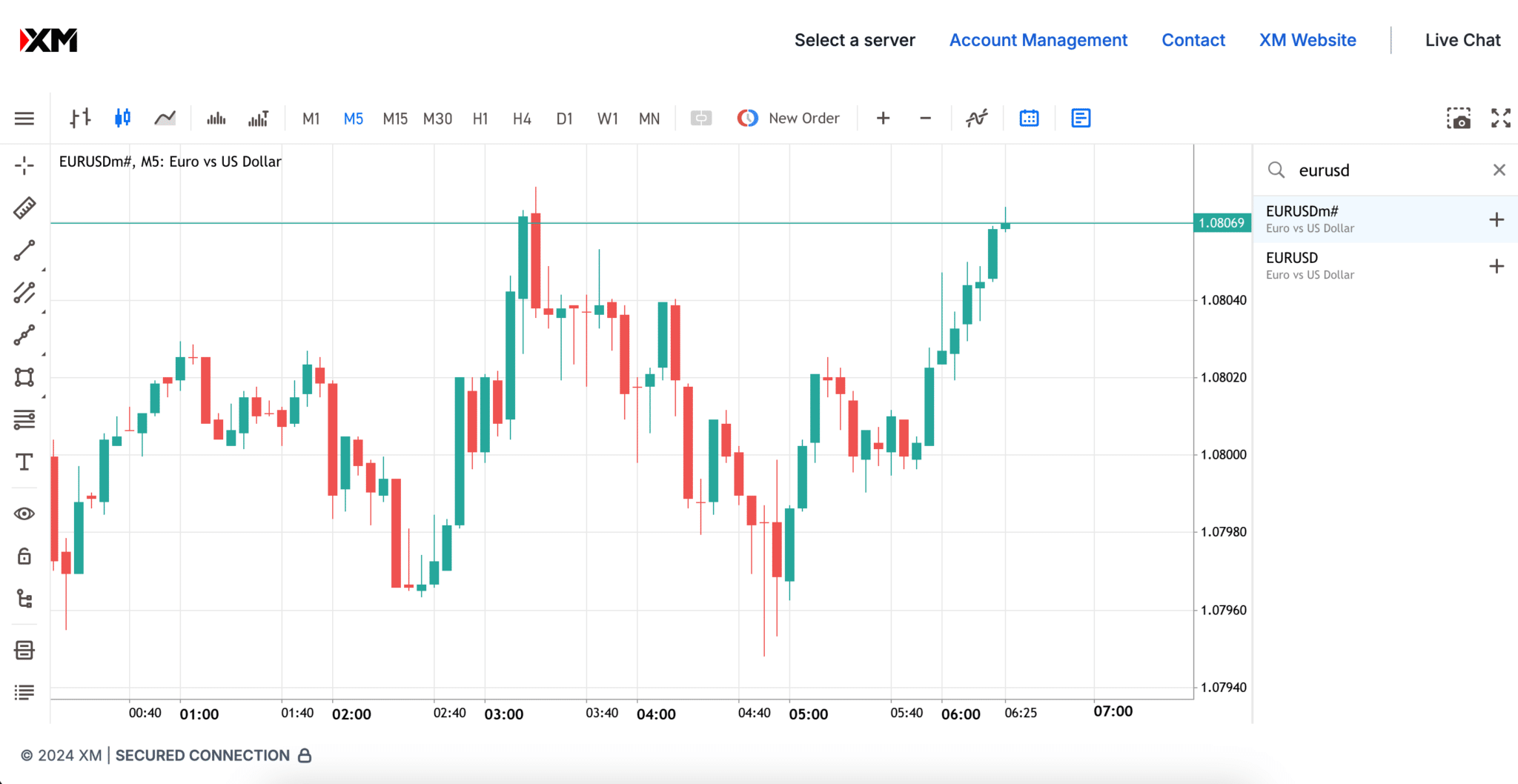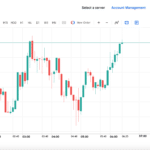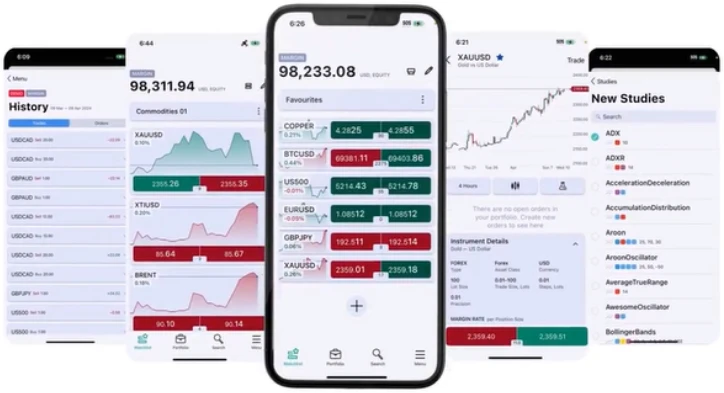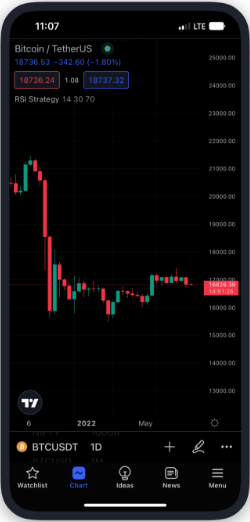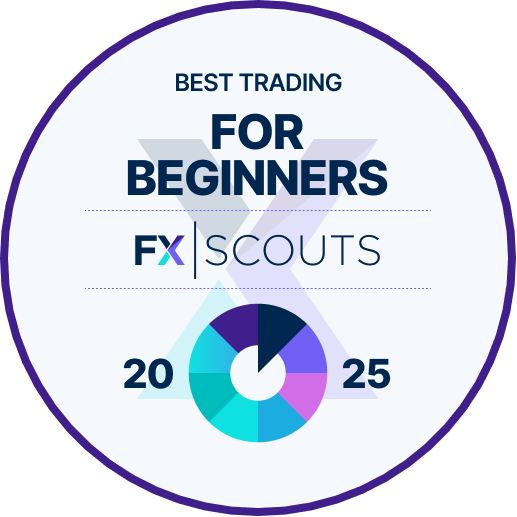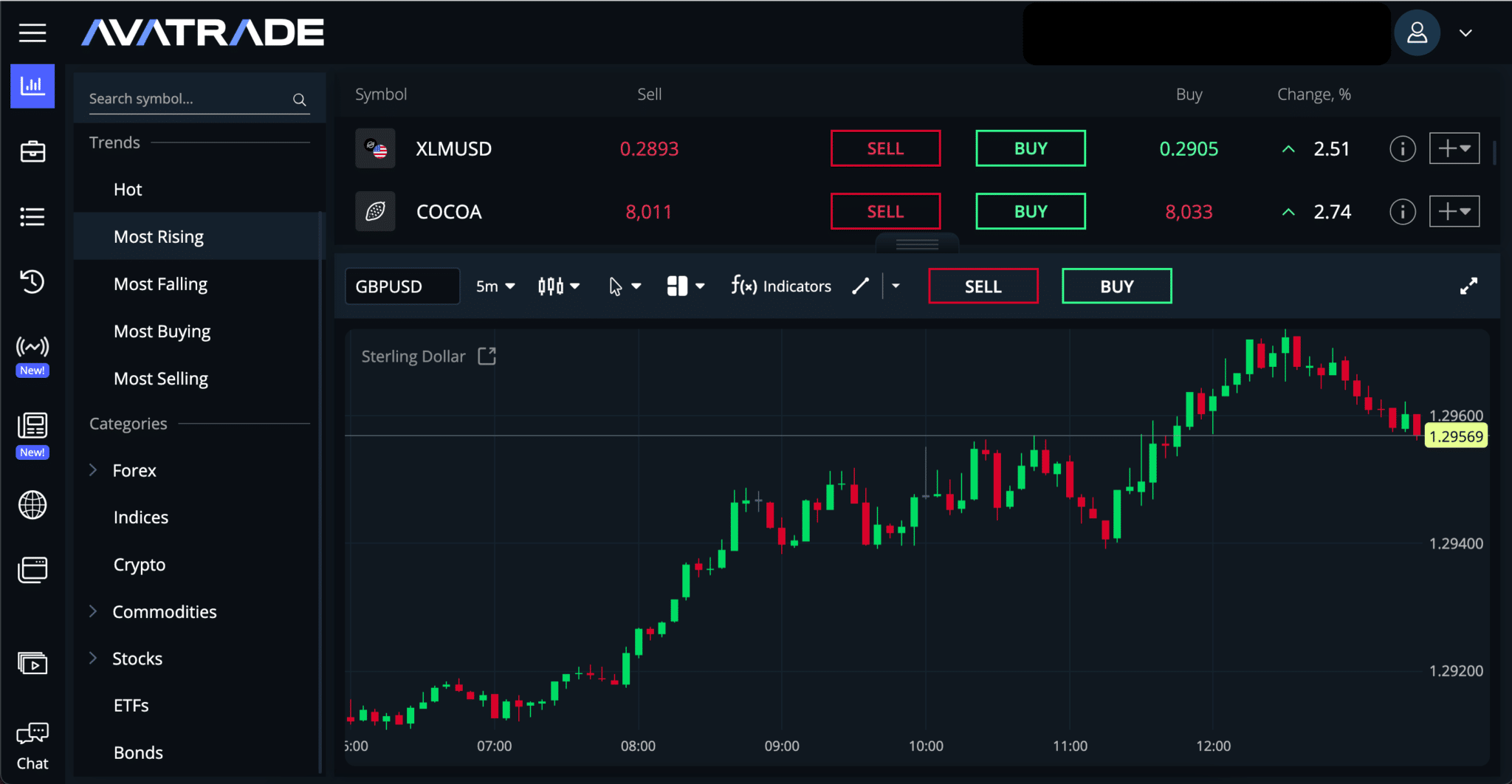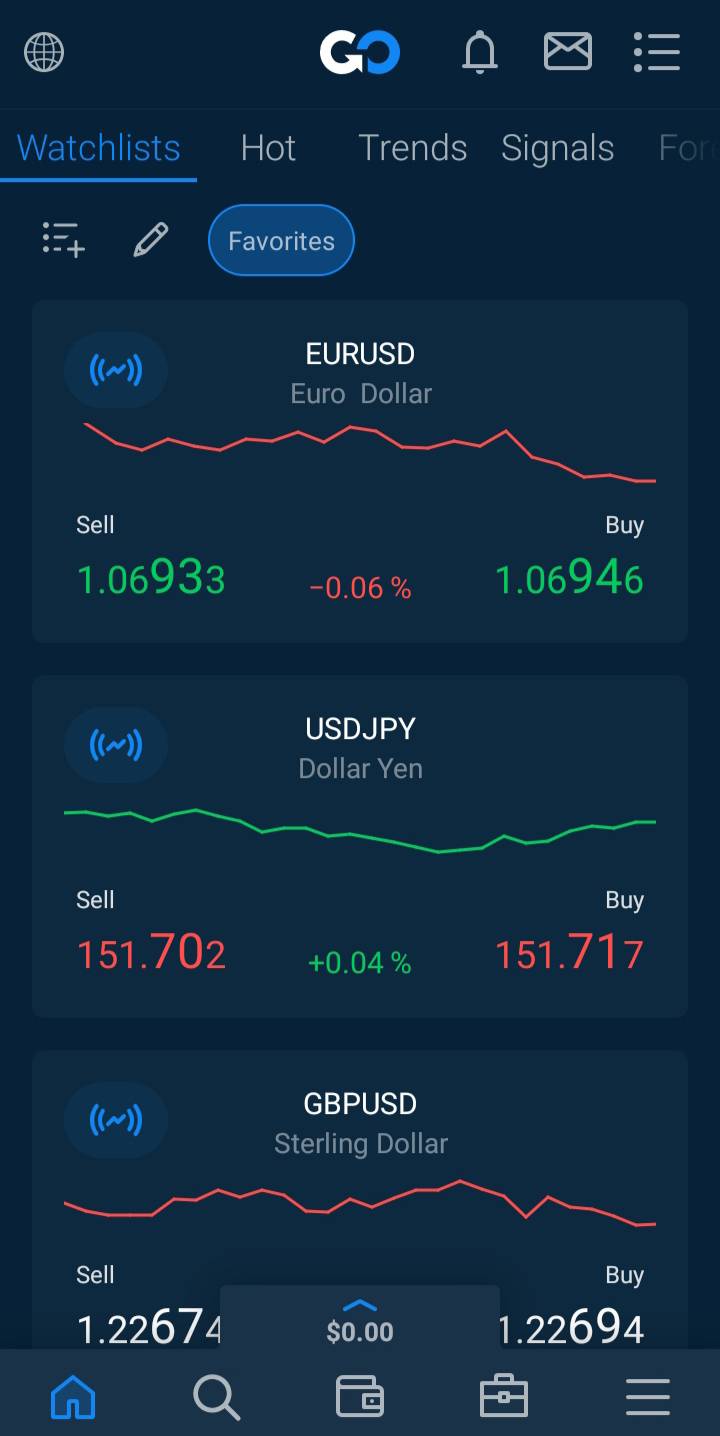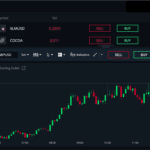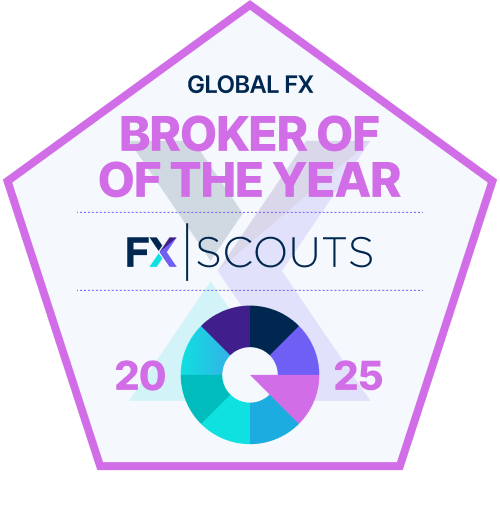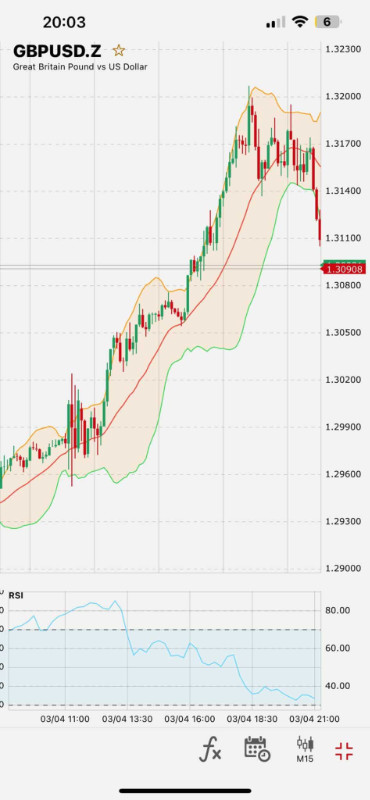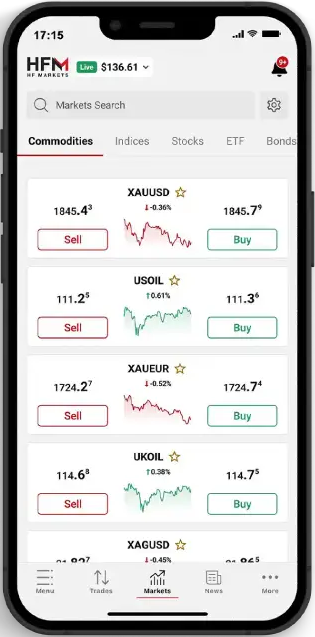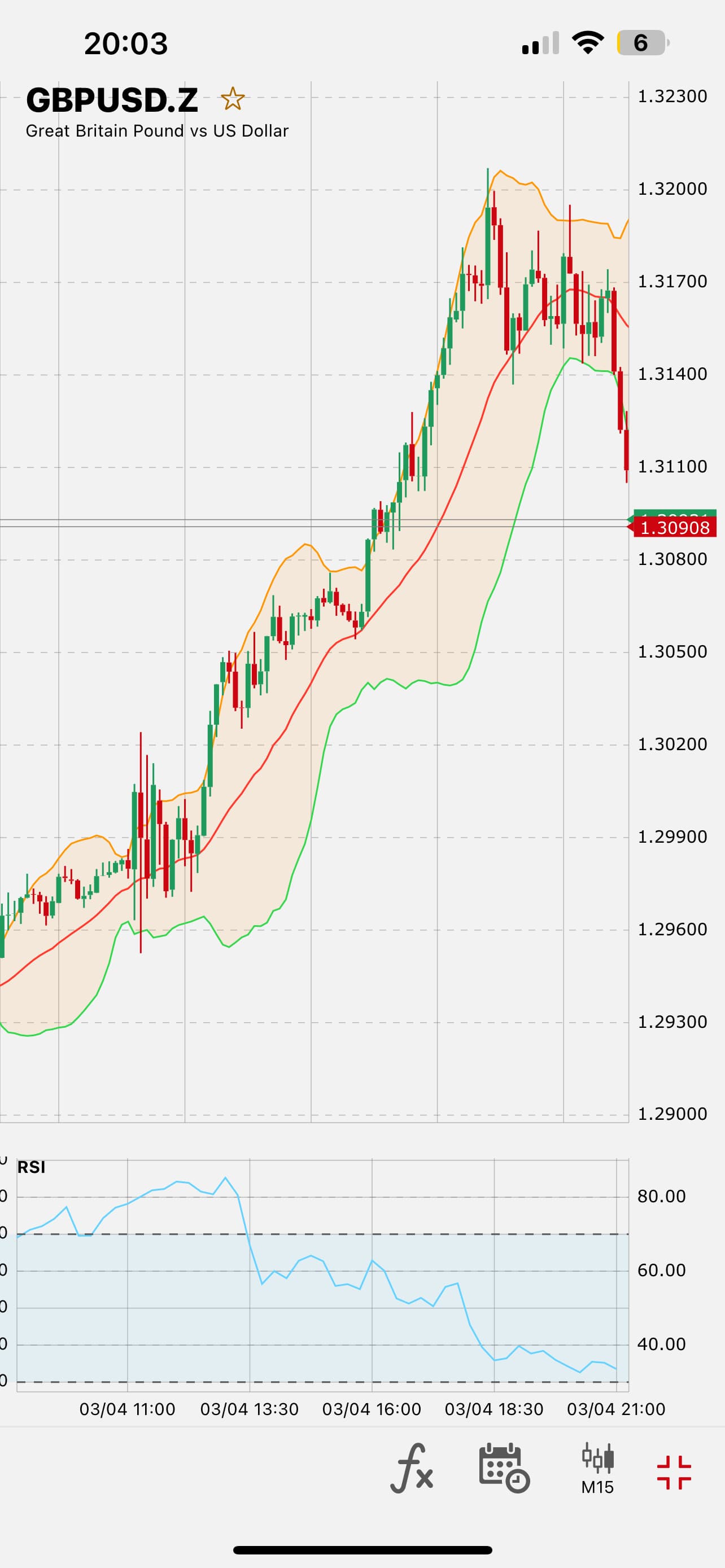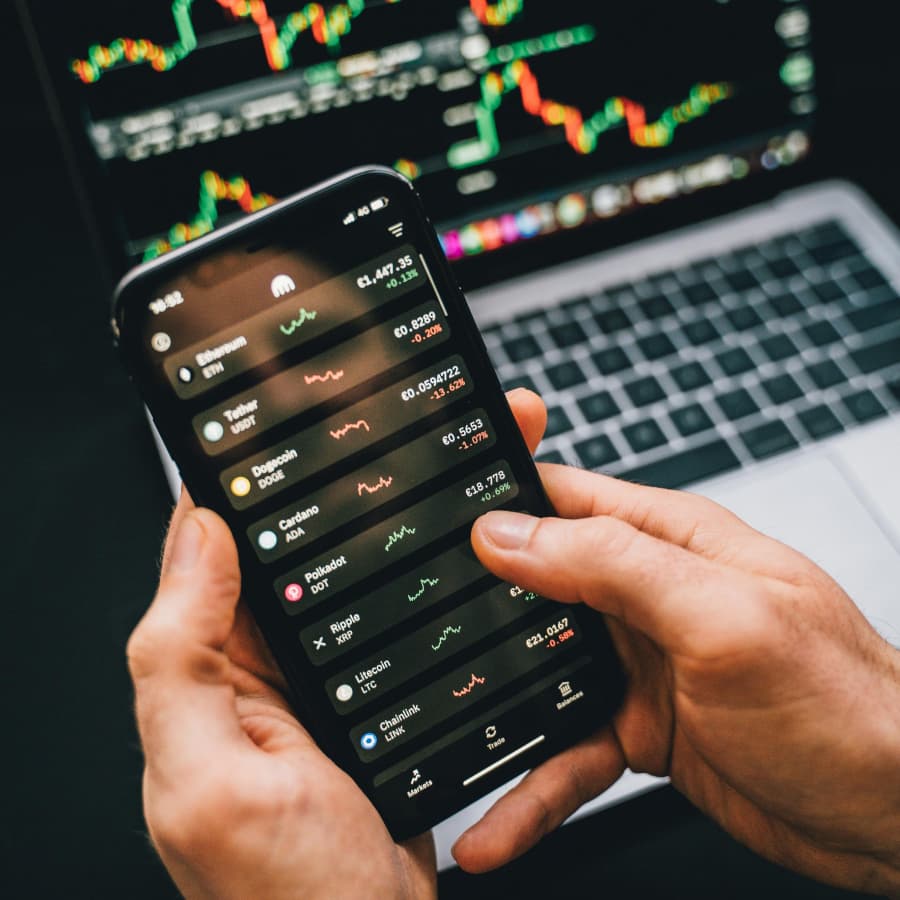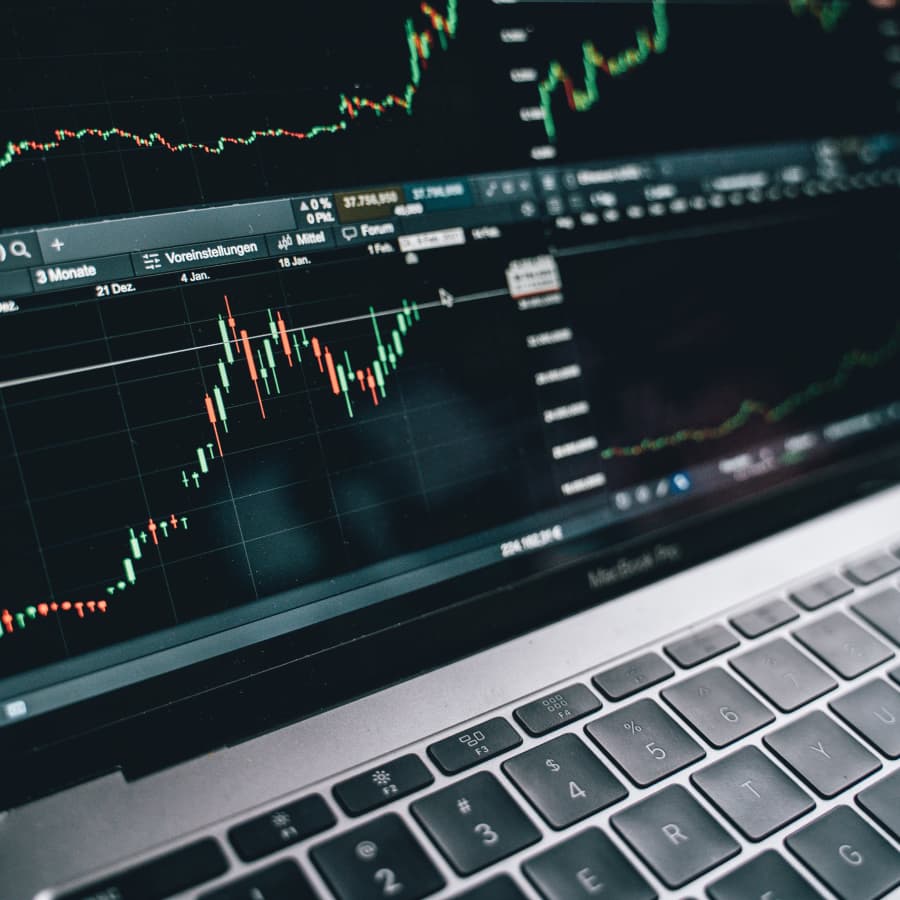No Deposit Bonus
A no-deposit bonus is provided to new traders without the need to fund an account. It allows traders to experience live market conditions with real funds, but withdrawals are usually only possible after meeting specific trading requirements.
Deposit Bonus
This type of bonus is awarded when you fund your trading account. Some brokers offer a fixed bonus, while others match a percentage of your deposit. For example, “Deposit 15,000 ZMW and receive a 30% bonus.” While the bonus can increase your trading capital, you may not be able to withdraw it, and profits might only be released after meeting set conditions.
Trading Volume Bonus
Some brokers offer a cash rebate or reward based on your trading activity. These are typically aimed at high-volume traders. For example, if you trade over 100 million USD in a calendar month, you may receive a rebate of 10 USD per million traded.
Cashback or Rebate Programmes
These programs return part of the trading cost (such as commissions or spreads) to the trader’s account. Cashback is usually credited automatically and can either be withdrawn or used for further trading.
Referral Bonuses
Some brokers offer a reward for referring new clients. You may receive a fixed amount, or a percentage of your referral’s trading activity, once they meet certain trading milestones.
Loyalty and Reload Bonuses
Aimed at returning clients, these bonuses are often awarded when a trader makes subsequent deposits or reaches trading milestones. Some brokers also run point-based loyalty schemes that offer cash or non-cash rewards.





















